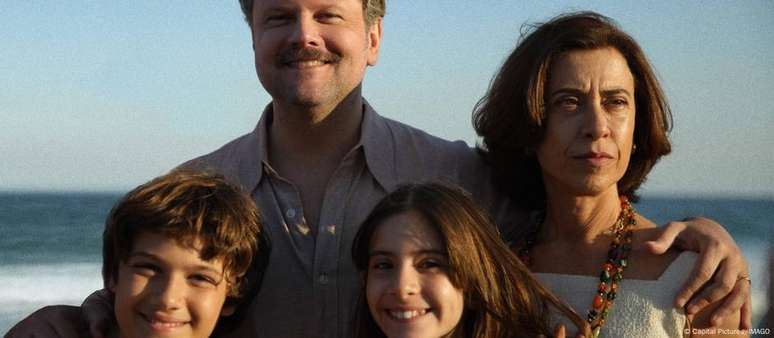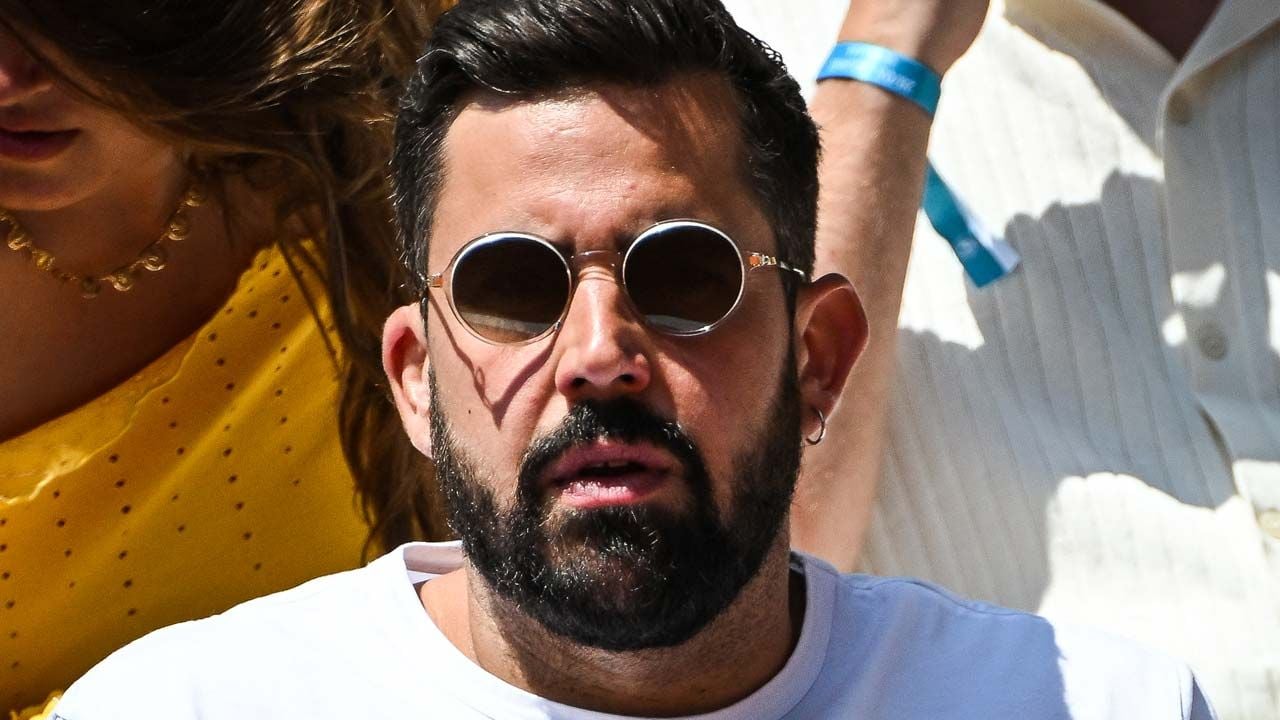“I am still here” has made history in the Oscar and created a window of opportunities for Brazilian audiovisual production to be used to launch a new look in our culture, even in class.
The above sentence is an answer from the fabulous Fernanda Torres in an interview with Jimmy Kimmel, one of the most famous American talk shows. It was an intelligent complement to the simple “yes” when he asked me if I knew Mary Tyler Moore.
Nanda’s subtle provocation touched me deeply and confessed that “Carapuça served”. The strength of American imperialism is absurd and takes on the most diverse forms, including the thinner and more delicate as a culture. Brilliantly, the greatest gift of victory that I am still here in Oscar was to create a break in this imperialism and show us that Brazilian culture “provides”. Who wins with it? All of us, including our education.
Grow, many of us have only looked at the United States
I was born in a neighborhood in the suburbs and I did not grow up in a house with culture of theater, cinema or music. At the beginning, I listen to songs and watch American films and series.
Only adult, I opened up to Brazilian culture. However, there was always American predominance. Interestingly: not German, French, Spanish and Peruvian, but always American.
Today, I understand, I am ashamed, that the greatest consequence of American imperialism on me was a reduction in the screams in my gaze on Brazil, our history and our past, something that culture can provide us. I guarantee that they are not alone. How can we move like this? How to teach the history of our country in schools with this gap?
What was the biggest prize?
Now we have the first Oscar in Brazil, but I don’t think it was our biggest prize.
It is a pity that has requested to pierce the world’s resistance bubble for our culture and has received nominations in American Awards so that our cinema has our attention, but the biggest prize was the opportunity to look at our cinema with true appreciation.
What is the relationship with education?
This prize created a window of opportunities to look at us: our culture, history, past and future. The moment could not have been more timely.
But the flames that emerged through this window must be nourished or, fear, can come out. Fernanda Montenegro dotted the same bubble decades ago with another appointment and we couldn’t have fun completely. The same movement, in a brilliant symbolism, was made by his daughter again.
Education and culture are strictly interconnected. Education transmits and transforms culture, while it can influence and model values and our identity.
We cannot speak of education without talking about culture. Our audiovisual production, now highlighted, should be an important ally of our colleges, in classrooms and pedagogical content, especially in the disciplines of man. We live the negative consequences not to look at history itself and school is the most important channel to break this cycle. A different and less unequal future is possible, but it must be strategically built and not left to luck.
Source: Terra
Rose James is a Gossipify movie and series reviewer known for her in-depth analysis and unique perspective on the latest releases. With a background in film studies, she provides engaging and informative reviews, and keeps readers up to date with industry trends and emerging talents.






